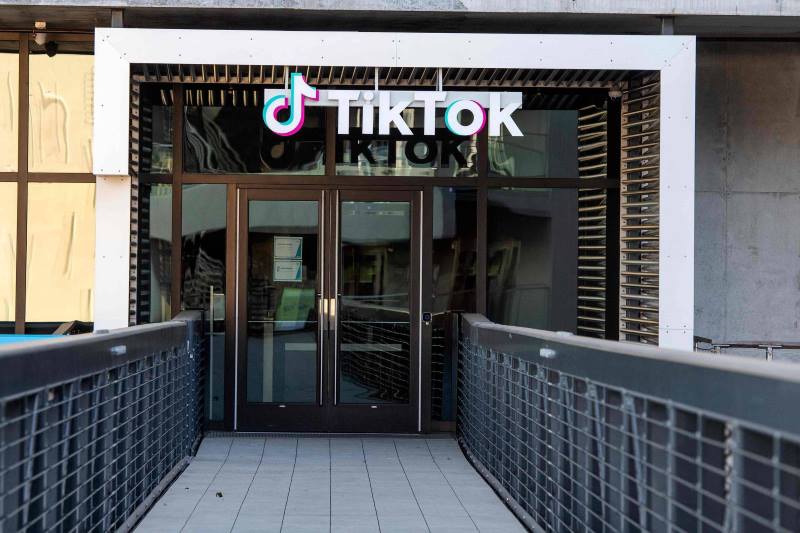Technology
TikTok Challenges U.S. Government in Court Over Mandated Divestment
TikTok, the popular social media platform, has filed a lawsuit against the federal government, contesting a recent law that requires its Chinese parent company, ByteDance, to sell the app’s U.S. operations or face a nationwide ban. The move escalates tensions over national security and free speech, with the case expected to reach the Supreme Court.
First Amendment Battle
TikTok contends the law stifles free speech for millions, violating the First Amendment. It argues divesting within the timeframe is impractical due to Beijing’s technology ownership. The company faces hurdles in relinquishing crucial app technology in the U.S.
TikTok’s struggle with U.S. law raises concerns over free speech and practical divestment challenges, according to Bloomberg Subscription.
Historic Legal Action
TikTok describes Congress’s action as unprecedented, targeting a single platform and depriving Americans of access to its vibrant community. The company anticipates a mandatory shutdown by January 19, 2025, should the law remain.
Survival Struggle
TikTok faces an existential struggle in the U.S. amid impending legal challenges. The conflict weighs national security fears against free speech and the economic viability of small businesses. Survival hinges on navigating this delicate balance.
Political Sensitivity
The election year intensifies the dispute, putting pressure on President Biden and lawmakers due to TikTok’s massive user base. With 170 million monthly users, TikTok’s varied content, spanning from viral trends to political debates, deeply impacts American life. The platform’s influence underscores the importance of resolving the conflict swiftly and effectively.
Deadline Looms
Under the newly enacted legislation, TikTok is compelled to seek a buyer outside of China within a timeframe of nine months, potentially extendable to a year. Should TikTok fail to adhere to this mandate, the consequences entail expulsion from U.S. application marketplaces and online hosting platforms. This significant legal measure underscores the heightened scrutiny and regulatory pressures faced by Chinese-owned tech companies operating within the United States.
Balancing Act
While lawmakers aim to protect national security by severing ties with TikTok’s Chinese ownership, concerns arise over potential violations of users’ freedom of speech. Analysts warn that selling or banning the app could alter content policies and restrict expression.
Feasibility Challenges
TikTok argues that selling its U.S. operations is not feasible due to technical and legal complexities. Transferring the app’s codebase to a new owner would require significant time and resources, with access to ByteDance software essential for maintenance—an option barred by the new law.
As TikTok’s legal battle unfolds, the outcome could have far-reaching implications for national security, free speech, and the future of social media regulation in the United States.
Subscribe now for a year of The WSJ Print Edition, delivered daily to your location Monday to Saturday. Your subscription includes full digital access, offering fresh news, live WSJ TV, audio articles, and archive access for comprehensive coverage. Stay informed—join today!

